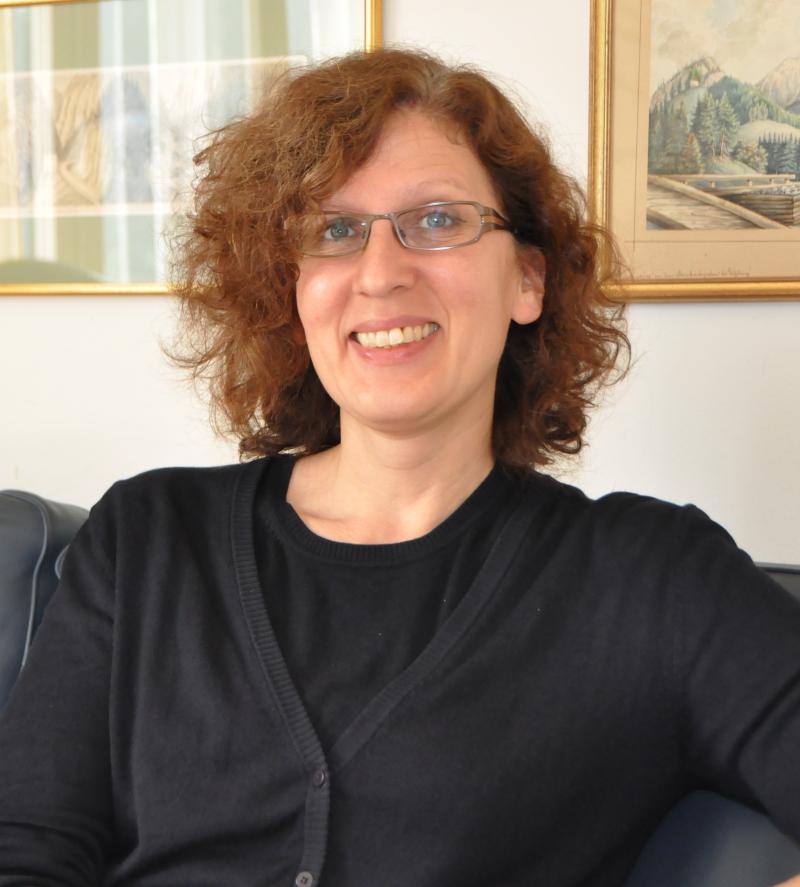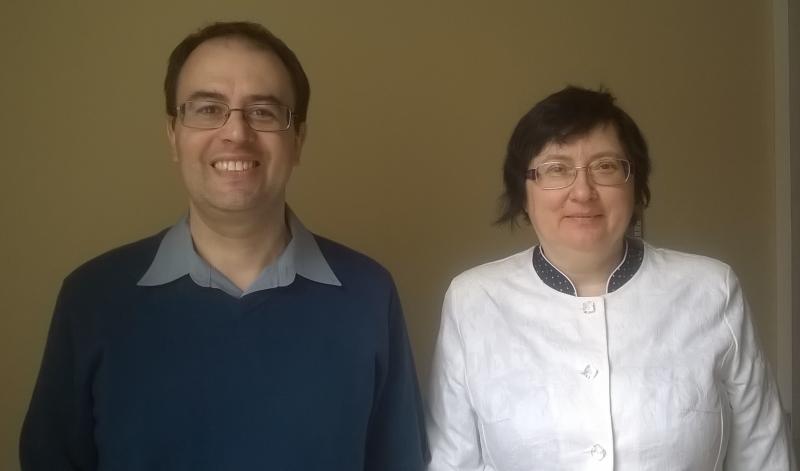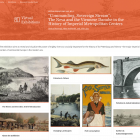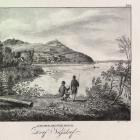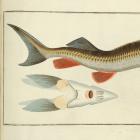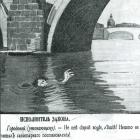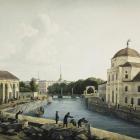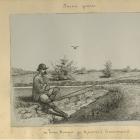Acknowledgements
The idea for this virtual exhibition came out of the joint Russian-Austrian research project “The Long-Term Dynamics of Fish Populations and Ecosystems of European Rivers.” Analyzing the history of fish populations in the Neva and Viennese Danube, the Russian-Austrian research group discovered numerous links between the great cities and their great rivers, including the fish populations. The project has been supported by the Rachel Carson Center for Environment and Society. Research for the Vienna and Danube sections was conducted with the financial support of the Austrian Science Fund, FWF, DYNAFISH project I 450-B16. Research for the St. Petersburg and Neva sections was partly supported by the Russian Foundation for Basic Research project 10-04-91005-АНФ_а, but initially grew out of a decade-long global program “History of Marine Animal Populations” funded by the A. P. Sloan Foundation. We would like to thank the Department of Prints of the National Library of Russia and the State Peterhof Museum Reserve for assistance with obtaining visual materials. In addition, thanks are due to Michael Stachowitsch for proofreading the chapters about Vienna and the Danube, and to Friedrich Hauer, Christina Gruber, and Ksenia Barabanova for their support in the collection of visuals and obtaining permissions.
About the Authors
Gertrud Haidvogl
Gertrud Haidvogl has a master’s degree and PhD in history from the University of Vienna, Austria. As a researcher at the Institute of Hydrobiology and Aquatic Ecosystem Management, University of Natural Resources and Life Sciences Vienna (BOKU), she specializes in the environmental history of rivers with a focus on the development of riverine landscapes, fish, and fisheries. Within her regional focus on the Danube, her main emphasis in recent years has been on two fields of research: first, the role of floodplains in agriculture and urbanization in the pre-industrial and industrial period, and second, long-term changes in fish communities and their relevant drivers.
Alexei Kraikovski
Alexei Kraikovski has a Candidate of Science degree (Russian PhD degree) from the St. Petersburg Institute of History of the Russian Academy of Sciences. He is Associate Professory of History and Senior Research Fellow at the Laboratory for Environmental and Technological History at National Research University Higher School of Economics. His major research interest is focused on the historical interrelations between society and water environments, and he has studied the history of marine harvesting in different regions (White and Barents Seas, Gulf of Finland, Sea of Azov etc.) and also the history of interrelations between St. Petersburg and the Neva.
Julia Lajus
Julia Lajus has a Candidate of Science degree (Russian PhD degree) from the Institute for the History of Science and Technology, Russian Academy of Sciences. She is Associate Professor of History and Leading Research Fellow at at the Laboratory for Environmental and Technological History at National Research University Higher School of Economics. Her research interests include the environmental history of biological resources, especially in marine and polar areas, and the history of field sciences such as fisheries and oceanography. Julia Lajus served as the vice president of the European Society of Environmental History (ESEH) from 2011–2015.
- Previous chapter
- Next chapter


